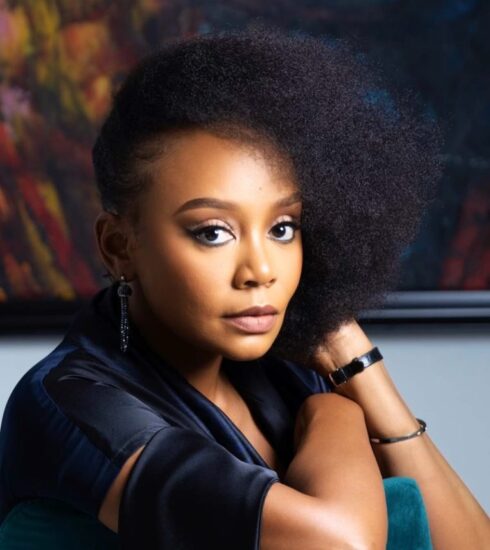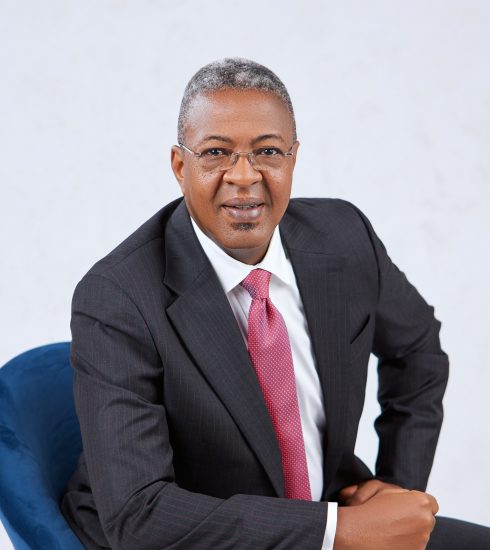Poised To Serve Lagos With Heart And Might – Gbadebo Rhodes-Vivour
The man Gbadebo Rhodes-Vivour isn’t like any other we have seen in the political sphere in a while. Although he may be believed to be young and without experience, this impression could easily be overruled by looking at past governors and presidents who were also in office in their late thirties and early forties. Some had no experience running a public office, yet their work decades later can only be described as a legacy. It is the same for Gbadebo Rhodes-Vivour, who intends to rule with a heart for everyone— this he has acquired from his nature and visiting the many classes of people.
Among his many ingenious plans for a better Lagos are waste pickers being a part of the economic solution and market women having schools for their children nearby.
A place for ”the young men on the road that life has put in a vulnerable place and they found themselves on the street, we are going to improve their capacity and give them an alternative means of living. We will create training and skill acquisitions that will be domiciled at the local government.”
If this isn’t having a heart for the people, I wonder what is?
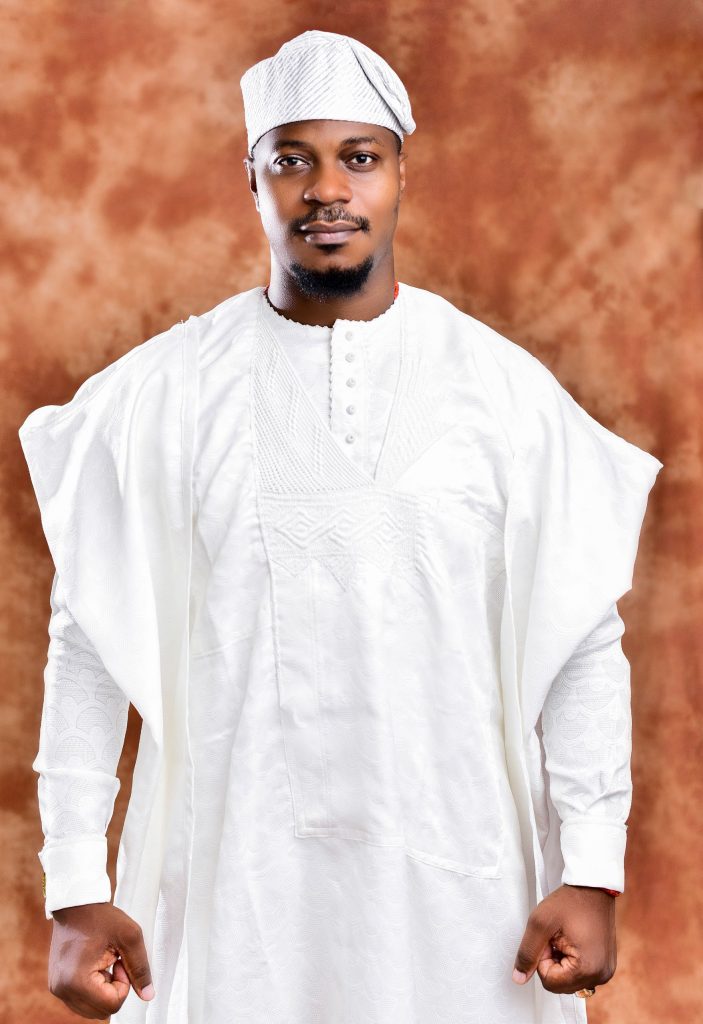
Gbadebo Rhodes-Vivour has shown exceptional vulnerability (a fundamental attribute of being a leader) positively in reassuring everyone that he is the man for the job, and like his predecessors of old—Lateef Jakande and Awolowo, etc., who also had no experience in public ruling, yet did phenomenal jobs, he is convinced as many Nigerians (home and abroad) are, that he is no doubt the man for the job. The question is: will he be elected as Governor of Lagos state, Nigeria?
We know you ran for Local Government Chairman under the KOWA party and lost, and you ran for the Senate under the PDP. Why would people trust that you have the experience to rule the state when you have yet to get any experience in public ruling as opposed to the private life you run as an architect?
The experience that we are talking about right now is the experience that we need to get away from. It’s the experience of corruption, mediocrity, the experience of being surrounded by water without supplying any water to any homes. It’s the experience of being branded as the second worst livable city in the world, the experience of having a poor quality education where less than 15 percent of the people going to school go to public school, and less than 25 percent of secondary school-goers go to public school. So the public has passed a damning judgment on the state of public education and healthcare. And it is also the experience of state capture and maintenance that is criminally minded and only focused on the interests of one man, his family, and his cronies. So this is the experience that we need to get away from. And I also remind people that they must be cognizant of the fact that the best leaders that have come out of the southwest did not have any experience in public service.
Obafemi Awolowo did not have experience in public service; he had a heart for the people, empathy, intelligence and the courage to do the right thing. It’s a similar story to Alhaji Lateef Jakande. This is a man that ruled to heights in the private sector in journalism, but what he achieved in four and half years, the APC has not been able to achieve in 20 years, and he had no public sector experience, but he had the heart of the people. And that is why till today, everybody is talking about him. Because his impact was heavily felt, and this was from a man without experience. In fact, anyone who has had experience in this system in the last two decades should not come anywhere close to the government because all their experience has been apophatic to the commonwealth of Lagos for this man’s interest.
How would you know what it is to have a heart for the people, especially the poor?
That is why having run before gives you an advantage. And if you notice, I didn’t just come and run for governor; I started at the local government, so you move around and get to meet with people you wouldn’t have met in other circumstances. You go into different abules (Rural Areas), different ‘face me, I face you’, meeting people, talking to them and understanding the issues hurting them. And then, from there, I built capacity to the Senate, which was the largest entire district in Nigeria by population, and ten local governments of the roughest, toughest parts of Lagos. I’m talking about Ajeromi Ifelodun, Mushin, Agege, and Ifako-ijaiye, and going and having people there. See, the most important thing is to feel the pain, and understand the problem, that is why I can talk so confidently about Lagos because I have been in all these places, and I have people in each of these communities, so I understand.
For instance, there are several riverine communities in Lagos state, I’ve not been to all of them, but when you go to a number of them, you understand that the problems are at least 85 to 90 percent similar. Light is not getting there; they don’t have primary schools or healthcare centres.
There is no ejective system bringing people in, so it’s just spaces where communities are there, and there’s no presence of government except every four years. I remember I had a meeting with Fola Adeola when I ran for Local Government Chairman, and there was something he said that I’d never forget. He said, “the great thing about politics is that either way, you win. Whether you lose or you win, you win. Because of the politics, your experience of a state becomes so rich because you go and meet the people. You must go to places whether you are comfortable or not. You must engage; it gives you such a rich understanding of the state.” And that’s an advantage that having run for office previously, and building it up from level to level, has given me.
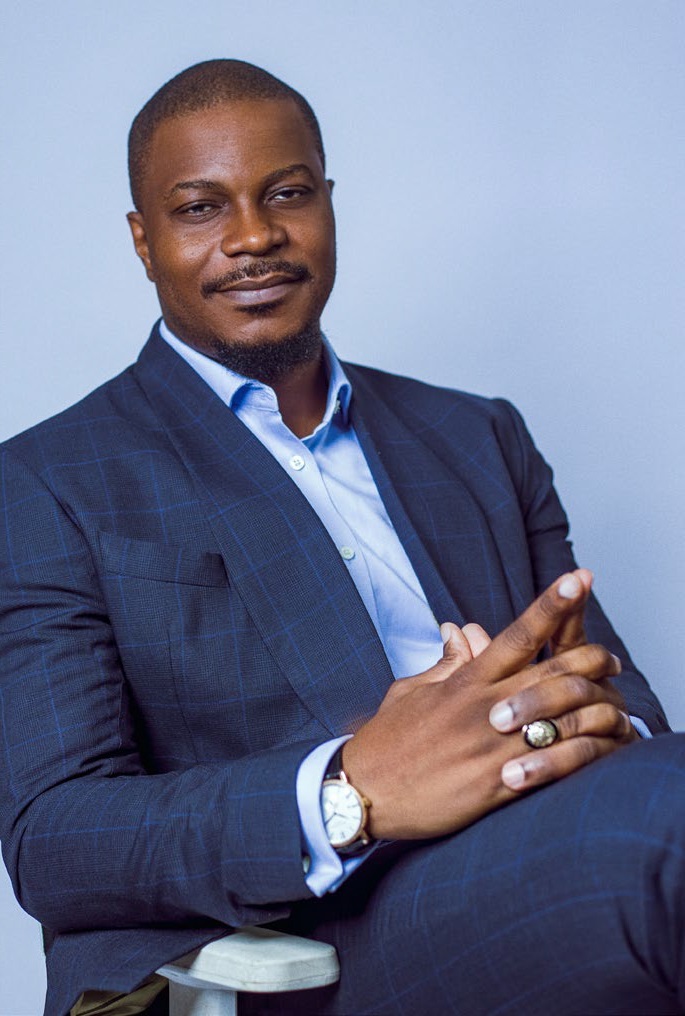
There is a thesis on traditional revolution by you talking about waste pickers being part of the solution to a society. You talked about having a heart for the poor and how you have built it up from there. Should you get into power, how will you be able to make the waste pickers part of the solution to a community?
That thesis was written in 2008/2009.
Those were the days of LAWMA, and a lot of places till today are still very underserved.
Once you start getting to that destination, they are not seeing any trucks. And there are communities that trucks can’t even get into because of how bad the inner roads are. So it must be a hybrid. For us, our design for waste management is localising it at the local government level so that waste is separated from its source, so organic waste is going one way, and plastics and papers are going another way. And they have different routes that maximise comparative advantage and look for how we can generate waste to wealth and power from waste. Doing it at the local government level then allows for you to also further engage community waste management systems where the community themselves come together and have a system of how they are going to take this waste out of this community, and engaging people at that local level in those communities so that you’re also creating wealth. So that is what it is for us. I’m not saying that the whole of Lagos state waste management should be done by the waste picker, but having them be part of the upcycling process. So they can pick the waste, but they should be part of the process of upcycling and recycling because waste management is a very big industry and can generate quite a bit of wealth.
It is also very capital-intensive…
When you say capital intensive, it is that way in Nigeria because we are just picking and dumping.
If we were generating energy from our organic waste, then we have a situation where we benefit from it. You are also generating organic fertilisers that you can export to countries that are very proorganic food as opposed to inorganic synthetic fertilisers. These are things you can export. It’s all part of the organic food industry. And then, your plastics, you find a situation where we are so disorganised in terms of our plastic recycling in Lagos state that they cannot achieve economies of scale. Once you can aggregate them and all plastics are being separated from home and going in one direction, you start achieving economies of scale.
In one of your interviews, you mentioned that many elites are on your side.
I never said that because that’s a lie. When I use the word elite, I always define it. In Nigeria, the elite is not what people think it to be. It’s just like saying middle-class. How many middle-class households do we have in Nigeria or Lagos? We don’t have a lot. But middle-class in terms of exposure, education, in terms of waking up in the morning and going to work. The elite is very different from the working class.
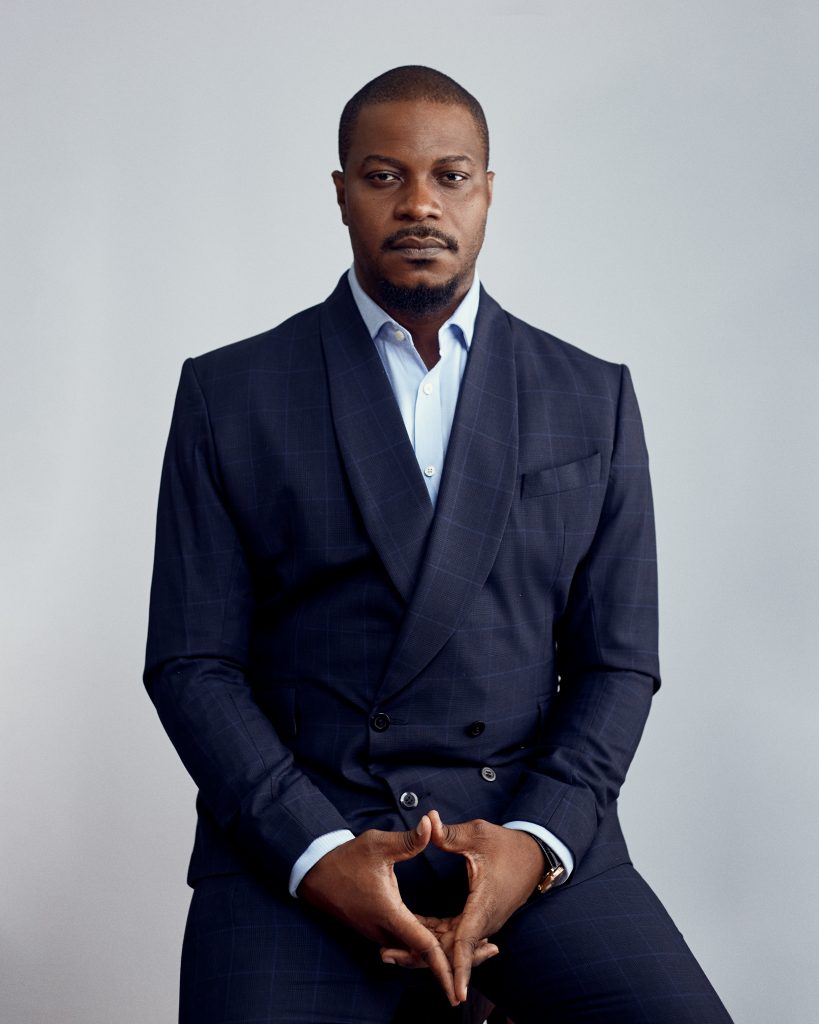
I stand corrected—the working class, not the elite. You have their votes(working class). Considering the numbers can be found in the poor and uneducated communities, how sure are you that you have secured those votes considering the other parties also have a percentage of those votes?
I’ve always said that it’s extremely important that our state’s politics is representative of the entire demographics of Lagos state. And I’ve always said that the issue is that the educated, the exposed, people that wake up in the morning, whether they are selling yoghurt on an ice cream truck or they are selling newspapers, the fact that you understand you can envision a better Nigeria and don’t participate in politics is very detrimental to us as a people. Now we are reaching out to everybody. My message when I am talking to you on this phone or when I’m talking on Arise is very different from my message when I’m going to a marketplace or riverine communities. So we are reaching out to everybody, we are campaigning everywhere, and the idea for us is we want everyone to understand that there is something for them in our government. I won’t say we’ve got this or that because people who talk like that are generally liars, but we are working hard to serve our vision. Everywhere I am invited to come and speak, I take the opportunity because our hope is in the people waking up and being confident in trying something different. So I believe we will do very well in this election. Something we should not forget is: you see that market woman selling fish? She has a son and daughter in school. And they are also talking to their parents.
The idea is to run good governance; everybody wants that, and that’s what matters.
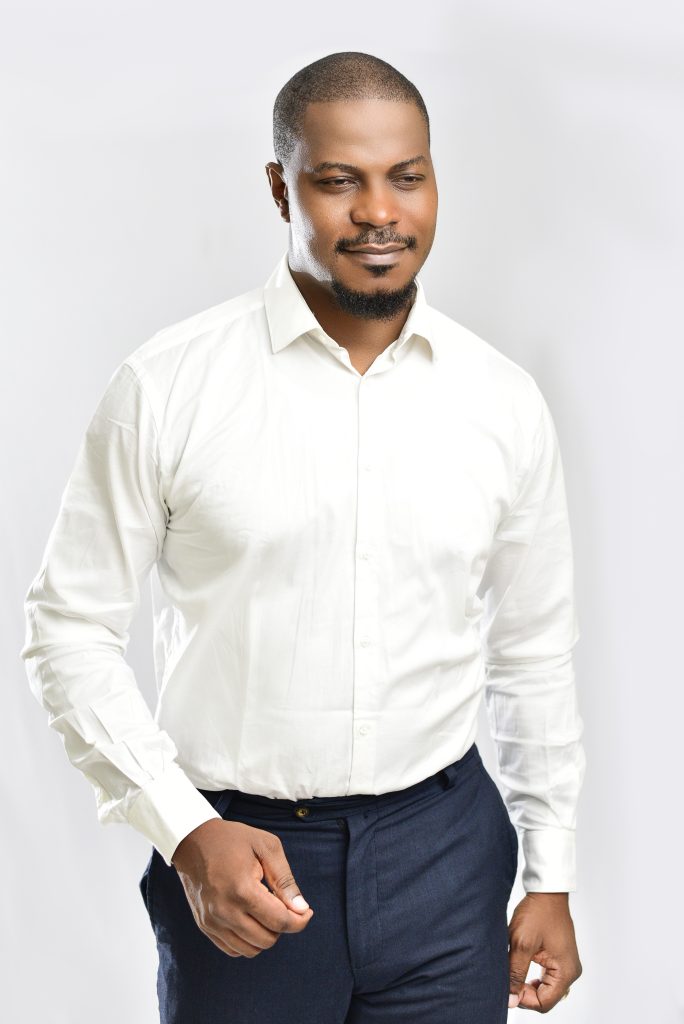
What messages do you have for the different classes of Nigerians?
The messages are very different. For the civil servants, I’m assuring them that nothing will happen to their jobs; we are going to increase their salaries and ensure that they get the capacity-building tools to allow them to function at a high-performing civil service. To people in the market, I’m letting them know that the markets will be developed for their interest and not taken over in a way that they cannot afford. It will be developed in a way that the woman selling fish will not have to suffer in a bid to take care of her two children. Instead, there will be a kindergarten and crèche in that market for those children to be cared for because they pay billions to an Iya Oloja (market tax collector) every year.
I’m telling small business owners that we will work with them as stakeholders to build their capacity because it is in our interest for their businesses to thrive. We are going to allow those businesses to flourish. Then I’m talking to the young people, the students; we will ensure that we start implementing programmes for them to get student loans. We will also expand the education system, the teachers, and doctors, and we will pay them a living wage, not minimum wage.
We know we cannot compete with the United Kingdom regarding salaries they are getting paid, but we will give them things to show that we appreciate them and want them to be here. We will also hire many support staff so that our doctors are not overwhelmed.
The same thing with teachers; we will improve their capacity to have a lot more teachers so we can reduce the ratio of teachers to students. Currently, UNESCO says the maximum should be between 1:20 and 1:30, maximum.
Whereas many schools are 1:80 and 1:100, and that is just one arm of a class—these are some of the factors we are dealing with. And then to the young men on the road that life has put in a vulnerable place and they found themselves on the street, we are going to improve their capacity and give them an alternative means of living.
We will create training and skill acquisitions that will be domiciled at the local government. We will provide them with food, get them skills and push them into working for the contractors that will be working in that local government, so we create a cyclical economy in those local governments.
So these are messages for the different groups of people from the Iya Olojas Baba Olojas to the Real Estate Developers. We are going to have a Lagos where you don’t have to come to Alausa and bribe people to get your C of O(certificate of occupancy), you submit your plan digitally, and then we’ll have AI that is going to look at it to ensure that it meets the requirements to get planning approval, and you get your planning approval automatedly. So we are removing that human factor from the entire process and allowing us to increase our ease of doing business because we need to get higher on that ranking if we are going to be the commercial capital of Nigeria and Africa, the business must be able to thrive. So these are the things we are looking to do.
How do you intend to get the money for all that, seeing as the current government struggles to do that?
But the same governor is paying 10 percent of our taxes to Alphabeta. We will close all of that and take those funds to equip our human capacity development all across from the civil servant to fighting abject poverty. We are going to create soft loans that people can access and pay back over a period of three to four years. And these loans will be used to empower productivity, not loans that you will take and sit on. They are loans that must be applied to productive use.
What have you learnt from the recently concluded presidential election?
We have learnt that we cannot trust INEC as they have been compromised. We’ve also learnt that we cannot trust a system that believes in suppressing votes. So we must have our own plans to protect ourselves.
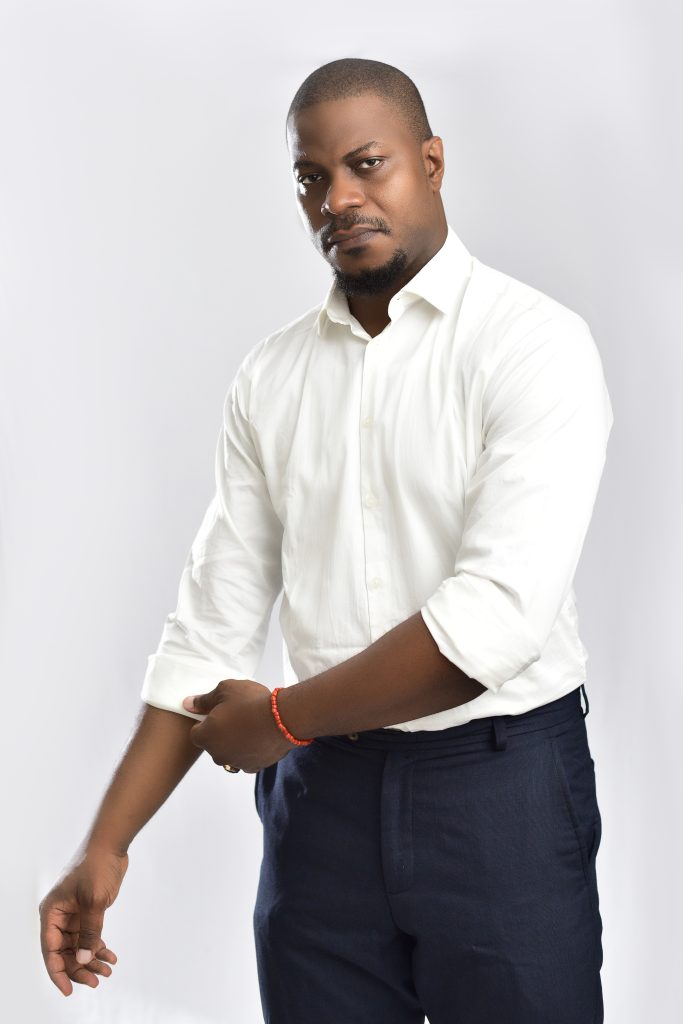
Case scenario: you’ve won the election. What is your first call of duty?
I’ll first open up the account of Lagos state to the public so we can understand what our commonwealth has been used for. Why are we in so much debt, and it doesn’t commiserate with the amount of development we have seen across the state? Why did it take so long to have a train network? We have a situation where so many people have to wait 30 to 40 minutes to get on a bus because we don’t have enough buses. There is a monopoly on this, and we need to change that.
We need to ensure that it is open and people can move about. We need to start dredging our waterways and surveying our sea vents so we can publish that data and attract the private sector so they can invest in our waterways. Our plans for it can be data-driven based on our plans for connecting Lagos via water. These are extremely important. We want to start reducing the number of cars on the road by partnering with ride-hailing technology companies such as Uber to normalise ride-sharing and create incentives for it. With transportation, moving Lagosians around in a much more efficient way is something that we will prioritise first and foremost. And also, the state of our account, payments and taxes that are being paid to organisations that are adding no value to the state of Lagos, we have to look into that and make sure that the commonwealth of Lagos benefits the people of Lagos.
In the reverse case scenario, you’ve lost. What’s next?
I’m not losing this election, so let me just put that on record. In that event, well, we will have to look at it that if we had a free and fair election that’s not rigged and if we are confident of that, then we will gather the troops again and start preparing for the next four years, ensure that there’s enough engagement with people. People engage the government, keep them accountable, and do real opposition in situations where we keep them on their toes. Because as I said, you cannot mix politics with politicians and governance. It is a two-way street. The people must see and understand that these people are working for them. I will always engage in civic engagements, and you will always find me on the side of the people.
A lawyer by training, Onah packs over a decade of experience in both editorial and managerial capacities.
Nwachukwu began her career at THISDAY Style before her appointment as Editor of HELLO! NIGERIA, the sole African franchise of the international magazine, HELLO!
Thereafter, she served as Group Editor-in-Chief at TrueTales Publications, publishers of Complete Fashion, HINTS, HELLO! NIGERIA and Beauty Box.
Onah has interviewed among others, Forbes’ richest black woman in the world, Folorunso Alakija, seven-time grand slam tennis champion, Roger Federer, singer Miley Cyrus, Ex Governor of Akwa Ibom State, Godswill Akpabio while coordinating interviews with Nigerian football legend, Jayjay Okocha, and many more.
In the past, she organised a few publicity projects for the Italian Consulate, Lagos, Nigeria under one time Consul General, Stefano De Leo. Some other brands under her portfolio during her time as a Publicity Consultant include international brands in Nigeria such as Grey Goose, Martini, Escudo Rojo, Chivas, Martell Absolut Elix, and Absolut Vodka.
Onah currently works as the Editor of TheWill DOWNTOWN.





